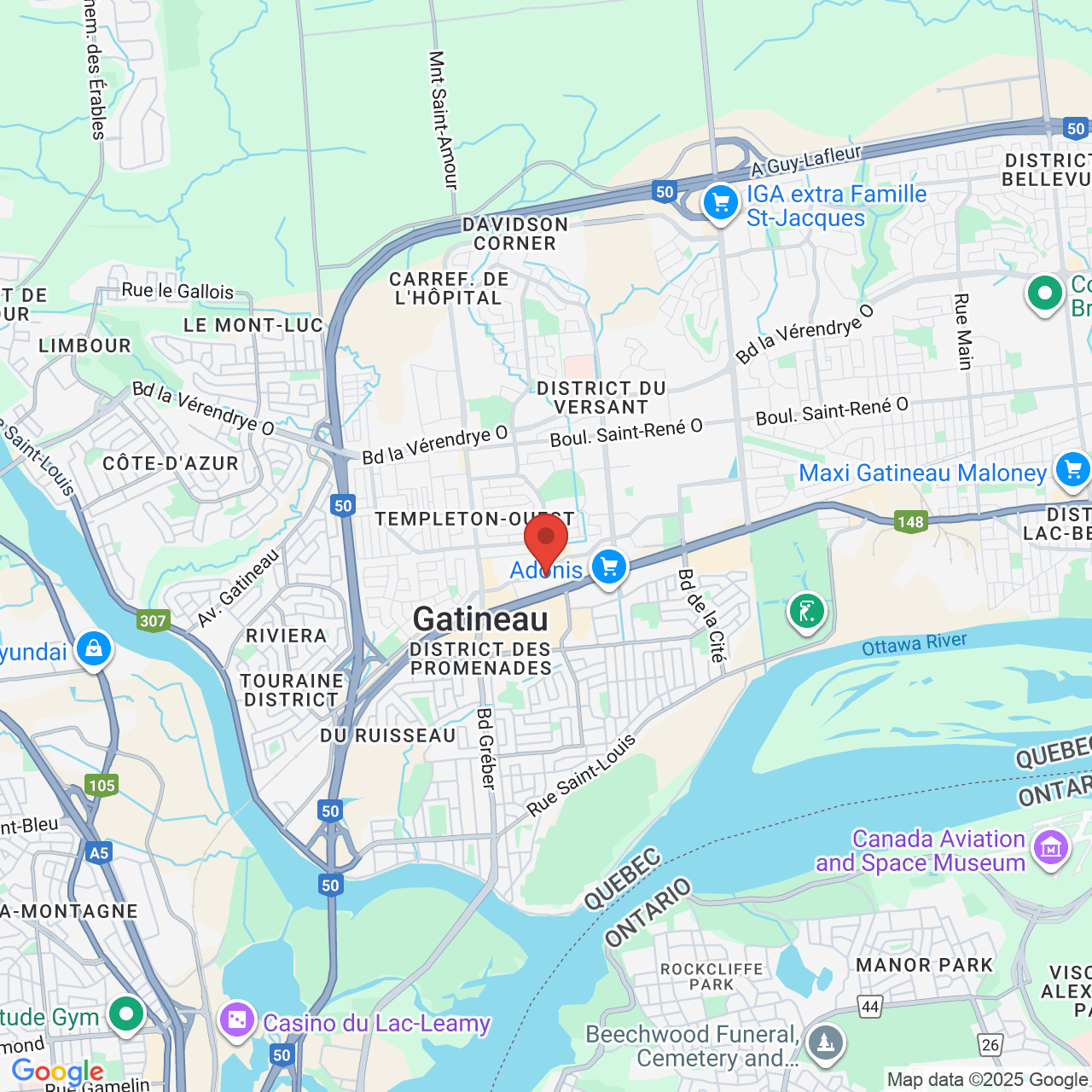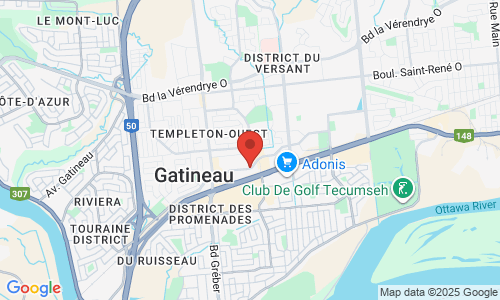Timeline for Recovery after Rhinoplasty
 Healing times for plastic surgery procedures vary. If you’ve had or are considering having a rhinoplasty, you may have questions about the recovery process and timeline for full recovery.
Healing times for plastic surgery procedures vary. If you’ve had or are considering having a rhinoplasty, you may have questions about the recovery process and timeline for full recovery.
How Long Will It Take to Heal?
Generally, the timeline for healing from a rhinoplasty is relatively short. Once the procedure is finished, Dr. Berbari will carefully pack the nose with gauze to minimize bleeding. Dr. Berbari will remove the gauze after 24 hours.
In addition to the gauze, a splint will be placed on your nose. This splint will stay in place for seven to 10 days.
After the splint is removed, your nose will appear swollen. However, over the coming weeks and months, the swelling will go down and the final shape will begin to appear as your nose continues to heal.
Swelling may last anywhere from three weeks to three months. The time it takes for swelling to diminish typically depends on the patient and the operation. Specifically, the patient’s skin type and the extent of the procedure will contribute to the amount of swelling.
Swelling is generally no longer visible to the casual observer approximately two weeks after the operation; however, you will likely continue to feel that your nose looks swollen for a period of several months.
Because the swelling reduces gradually over time, the final shape of the nose will be revealed in the same manner - gradually. Try to be patient during your healing, and avoid scheduling any important events where you may be concerned the appearance of your nose due to swelling.
Post-Surgical Precautions
While you are healing from your surgery, you want to make sure you are careful to avoid injury or damage to your nose. To properly care for the nose after your rhinoplasty, Dr. Berbari may advise that you avoid the following activities for up to two months while your nose heals:
- Running
- Lifting weights
- Climbing
- Yoga/pilates
- Sex
The activities listed above are generally not recommended for patients who’ve just had a rhinoplasty because they may elevate blood pressure and result in bruising and bleeding.
You should also avoid sunbathing or spending too much time in the sun. Sun exposure can cause scars to darken from hyperpigmentation. Sun exposure may also increase swelling.
Also, because the skin on your nose is very delicate from the surgery, you are more likely to get sunburnt; and surgery temporarily reduces your nose’s ability to heal from a sunburn.
Other Considerations
In some cases, the tip of the nose may remain firm after rhinoplasty and need to be massaged to soften the tissues. Lymphatic drainage may be used to speed up the healing process in these cases.
If you are considering surgery, Dr. Berbari will discuss all of your concerns and answer your questions regarding the surgery and any recovery considerations.
To discuss healing time, or any other aspect of rhinoplasty, please contact us today for a free, personalized consultation.









